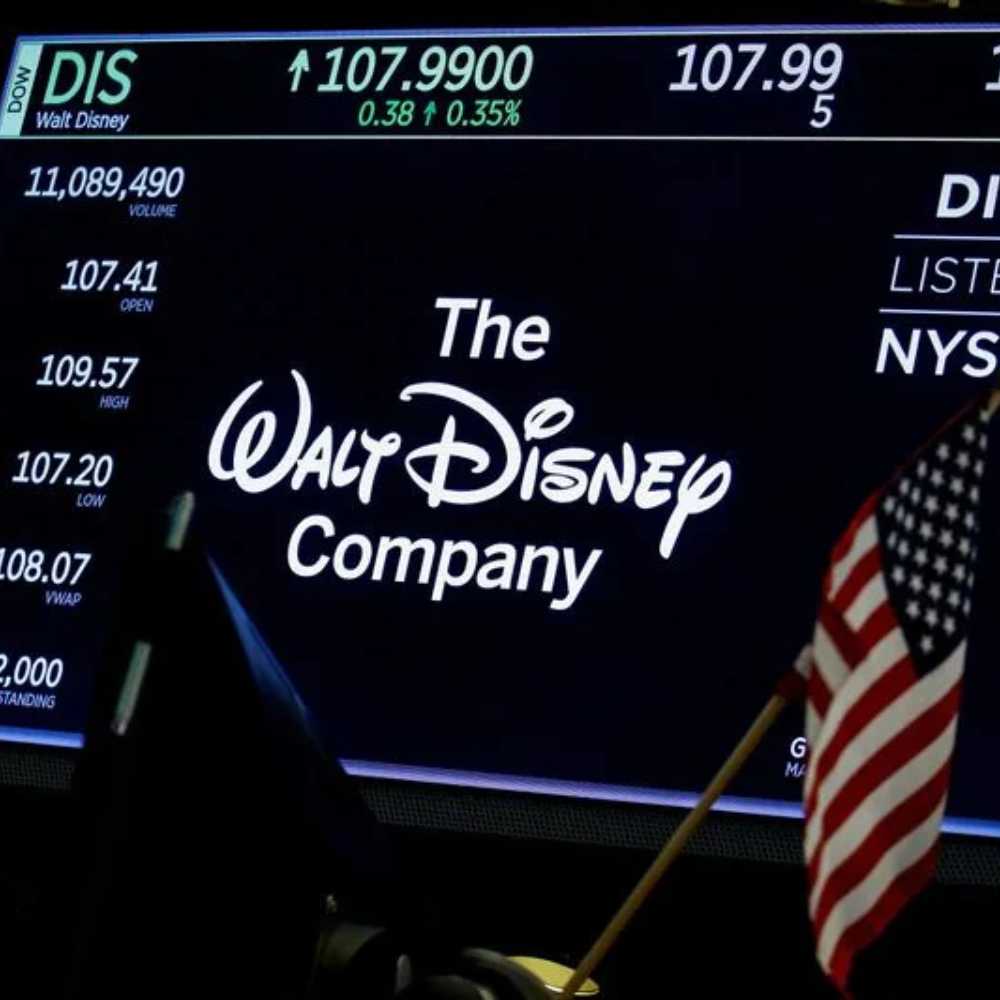[Source – uk.finance.yahoo]
On Sunday, Disney pulled its ABC stations, ESPN, and other cable networks from DirecTV’s lineup after the two companies failed to reach a new distribution agreement, leaving millions of sports fans without access as the college football and NFL seasons begin.
The Disney and DirecTV agreement caused Disney-owned networks to go dark for nearly 11 million satellite customers immediately before the Sunday night football game between the USC Trojans and LSU Tigers, in the middle of the US Open tennis event, and just days before the NFL season opening.
“Once again, The Walt Disney Co. is refusing to take responsibility for its actions toward consumers, distribution partners, and even the American judicial system,” said Rob Thun, DirecTV’s chief content officer. “Disney may specialize in creating alternate realities, but in the real world, we believe in earning your place and being accountable for your actions. They are more focused on maximizing profits and maintaining dominant control at the expense of consumers, making it harder for them to access the shows and sports they want at a reasonable price.”
Sports Fans Left Frustrated as College Football and NFL Seasons Begin Without ESPN and ABC
The standoff led to the removal of ESPN and Disney-owned ABC affiliates from DirecTV, the nation’s third-largest pay TV provider. Additionally, other networks like FX, National Geographic, and Freeform also went dark on the service.
“DirecTV chose to deny millions of subscribers access to our content just as we enter the final week of the US Open and prepare for college football and the NFL season opener,” said Disney Entertainment chiefs Dana Walden, Alan Bergman, and ESPN Chairman Jimmy Pitaro in a joint statement. “While we’re open to offering DirecTV flexibility and terms that we’ve extended to other distributors, we won’t accept an agreement that undervalues our portfolio of television channels and programs. We urge DirecTV to act in the best interest of their customers and finalize a deal that would immediately restore our programming.”
Disney and DirecTV Blame Each Other for Impasse as Millions of Subscribers Lose Access
Negotiations between Disney and DirecTV proceeded, Disney offered DirecTV a sports-centric package, including ESPN networks, ABC sports broadcasts, and a selection of Disney’s linear channels paired with some of its direct-to-consumer services, according to a source familiar with the matter. Disney asserted that the rates it requested were consistent with those charged to other providers and reflected the value of its entertainment portfolio. A Disney spokesperson claimed that DirecTV sought “unreasonable” discounts, while DirecTV accused Disney of demanding that they waive all future legal claims of anti-competitive behavior as a condition for reaching a deal.
The breakdown in talks comes as satellite and cable providers seek to offer slimmer, more flexible channel bundles to provide more affordable options for consumers who want a smaller selection of channels.
Disney and DirecTV: “Unfortunately, while direct-to-consumer offerings have evolved, pay TV packages have largely remained the same,” Thun said in an open letter before the deal’s collapse. “Instead of allowing distributors like DirecTV to develop smaller, more tailored packages at prices that reflect the value they receive from content, programmers continue to impose and enforce strict bundling requirements with exorbitant minimum penetration rates—the minimum percentage of a distributor’s subscribers required to access a channel.”
This impasse occurs as media giants, including Disney, Warner Bros. Discovery (CNN’s parent company), and Paramount, increasingly shift premium shows to their own digital services, bypassing traditional cable and satellite distribution and its millions of subscribers.
“Consumer frustration is at an all-time high as Disney shifts its best producers, most innovative shows, top teams, conferences, and entire leagues to their direct-to-consumer services while forcing customers to pay more than once for the same programming across multiple Disney platforms,” Thun added in his statement. “Disney’s only magic is making prices rise while making its content disappear.”
Last year, Disney renewed a distribution deal with Charter, avoiding a last-minute blackout of “Monday Night Football” after the cable provider demanded more flexible bundles and access to Disney’s streaming services. Though the standoff briefly caused Disney-owned channels to be pulled from Charter’s Spectrum service over Labor Day weekend, Disney ultimately reached a deal offering Charter subscribers access to its Disney+ and ESPN+ services.
Legacy media companies have been gradually shifting from reliance on traditional cable bundles toward streaming services as millions of consumers “cut the cord” each year, a trend accelerated by the rise of Netflix. Earlier this month, a federal judge temporarily blocked the launch of a forthcoming sports-focused joint streaming venture from Disney, Warner Bros. Discovery, and Fox Corporation, dealing a significant setback to the initiative.
The ruling followed a lawsuit from Fubo, a smaller rival sports streaming service, which alleged that the three companies were attempting to use their sports media rights to edge out competitors, monopolizing the market with a single, anti-competitive bundle.







